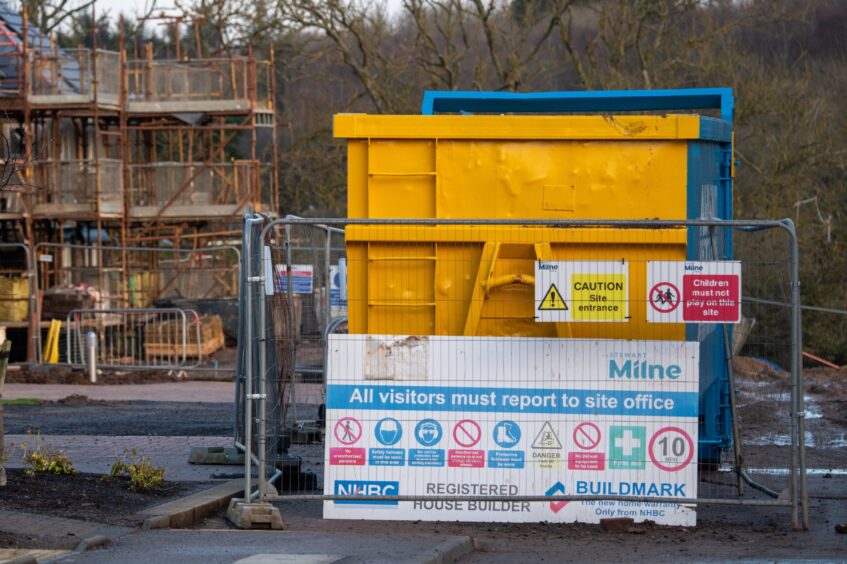We don’t know the contractual background for Stewart Milne Group (SMG)’s home sales.
But it’s entirely possible buyers, particularly those whose properties are nearly finished, could eventually move in.
And with buyers’ deposits protected through the National House Building Council (NHBC), purchasers can at least rest assured they will probably get that money back.
The big question though is timing. Can purchasers afford to wait? The administration process will likely take over a year, potentially even longer.
Administration — the options
One of the aims of any administration is business rescue.
What we see frequently is administrators selling part or all of a business and its assets.
In this case, the buyer could complete all or at least some of the unfinished homes.
Alternatively the administrators could have tried to keep on some of the workforce to finish properties and conclude the contracts.
The third option was simply to down tools altogether. In standard contract terms at least, SMG would likely be in breach of contract. Purchasers have various rights by way of claims for damages or losses, with those pursuers potentially becoming unsecured creditors.
I don’t think it’s likely we’ll see properties close to completion being mothballed.
Most homebuilders offer buyers a warranty and most mortgage lenders insist you have one.
They protect homebuyers’ deposits if a builder becomes insolvent.
The most common example is NHBC’s Buildmark scheme.
If you’ve paid a deposit for an SMG home, but haven’t moved in, it’s best to look at the specific details in your agreement to see what’s covered.
And for those who have moved into a new home on an unfinished site, almost every development will have a bond in place that means essential infrastructure such as roads, sewers and open space areas must be completed, regardless of builder insolvency.
The administrator’s role
The important point to bear in mind is the administrators – in this case insolvency practitioners from Teneo Financial Advisory – are generally not compelled to perform SMG’s pre-existing obligations.
While administrators are independent and may “adopt” contracts, their primary purpose is to achieve the best outcome for creditors.
Of those, lenders with security – including banks – tend to have the biggest debt and most interests at play.
Your existing home sale
If you have concluded missives on your sale and were planning to move into an SMG new-build on the same day, you will probably need to make alternative accommodation arrangements or run the risk of defaulting on your existing home sale if you don’t move out in time.
Read more: All our stories on the collapse of Stewart Milne Group
If you’ve agreed to a part exchange, your contract is essentially in limbo, but at least you’ll be able to stay in your current home for now until there’s further clarification on those agreements.
And if you’re thinking of buying a new-build, the best advice is to make sure you check the warranty cover protects your deposit before completion.
While administrations of this kind are relatively rare, it’s best to be prepared.
Tim Thomas is an Aberdeen-based partner in Ledingham Chalmers Solicitors.




Conversation